Innovations for the environment
Concern for the natural environment is an impulse for us to seek innovative, efficient and cost-effective technologies. We want to create a modern, eco-friendly mining-sector company, based on the region's economic tradition, human capital, respect for natural resources and innovative technological solutions.
Aside from coking coal and coke, JSW Group is an important producer of coal derivatives that are generated in the coking process and include:
- coke oven gas,
- raw coal tar,
- BTX,
- sulphur,
- ammonium sulphate.
Approx. 130 thousand tonnes of coal tar, which is currently entirely a commercial product, is produced at JSW Group every year. The Group is constantly searching for new solutions in the area of mining, coking and coal processing and ways and directions for use of coking by-products.
By effectively using coal-derivative substances, it is possible to reduce the quantity of waste generated and pollution emitted into the air. The use of clean coal technologies makes it possible to reduce carbon footprint and thus limit the adverse impact of coal on the environment. Coking coal and the by-products of coking coal processing constitute a rich resource base for technologies producing highly advanced materials for construction, automotive, environmental protection and the chemicals industry.
In order to tap into these directions, works began on projects related to the use of coal derivatives generated by the Group's coking plants.
Modern energy
COKE – 2 - H2 - Production of hydrogen
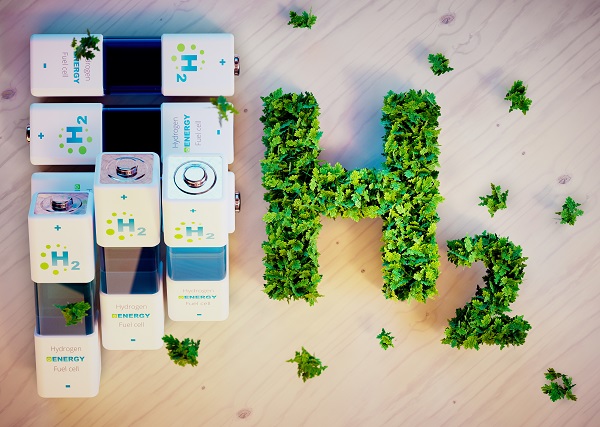 The main objective of project “COKE – 2 – H2” is to obtain high-purity hydrogen (99.999% H2) for use in electromobility in a process of separating from coke oven gas, which is one of the by-products of coking coal.
The main objective of project “COKE – 2 – H2” is to obtain high-purity hydrogen (99.999% H2) for use in electromobility in a process of separating from coke oven gas, which is one of the by-products of coking coal.
Hydrogen can be used in fuel cells for ecological and zero-emission generation of electricity, ecological public transport, power supply for electric devices and emergency power supply units (hospitals, schools, administration).
Implementing and developing zero-emission urban transport based on hydrogen fuel cells will significantly improve the quality of air and bring a range of benefits such as lower noise and pollution and a reduction in CO2 emissions. Separating hydrogen from coke oven gas will be an important step towards a cleaner air, leading to coking coal being considered as a source of clean energy.
Forecasts for the development of high-quality hydrogen show that the market will be dynamically developing in the coming years which is why we are also looking at the latest technical and technological solutions in the area of acquiring hydrogen, we are analysing know-how in this area and assessing the possibilities for implementing hydrogen production technologies at JSW Group so as to eventually make a decision on how this project will proceed.
Coal derivatives
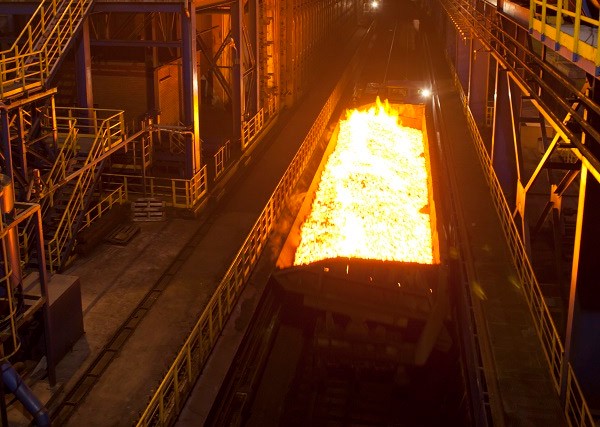 As part of its coal derivative sales project, JSW Group is looking at possibilities for the economic use of coal-derivative substances produced at its coking plants, including the processing of raw coal tar, the deep processing of which may generate valuable intermediates and raw materials for highly advanced carbon materials.
As part of its coal derivative sales project, JSW Group is looking at possibilities for the economic use of coal-derivative substances produced at its coking plants, including the processing of raw coal tar, the deep processing of which may generate valuable intermediates and raw materials for highly advanced carbon materials.
Raw coal tar must be subject to fractional distillation in order to separate components that can be further used practically. The main products of tar distillation include coal pitch, carbolineum, creosote oil, naphthalene oil, solvent naphtha, phenols and light oils. The use of deep processing of coal tar is a very important step in producing advanced carbon materials, which are currently attractive raw materials, e.g. for the hi-tech industry, including carbon fibres and anodes in lithium-ion batteries.
In order to move this project forward, a conceptual study was developed that specifies the possibilities for implementing technologies for the deep processing of coal tar at JSW Group, which constitutes grounds for further decisions in this area.
EKomPell
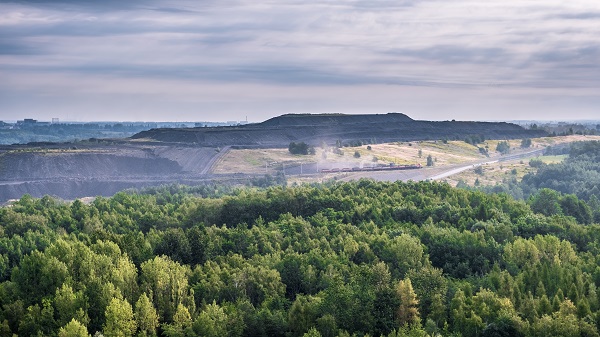 JSW Group's awareness and co-responsibility for the state and changes in the natural environment are reflected in our research and development activities within the governmental Plan to reduce household emissions, which includes the development of technology for producing eco-friendly pellet (project EKomPell) for household heating based on fine-grained assortments of hard coal.
JSW Group's awareness and co-responsibility for the state and changes in the natural environment are reflected in our research and development activities within the governmental Plan to reduce household emissions, which includes the development of technology for producing eco-friendly pellet (project EKomPell) for household heating based on fine-grained assortments of hard coal.
A cycle of industrial surveys was conducted and development works were completed in 2019. Planned experimental activities on an industrial scale require the production facility's technological line to be expanded. Detailed analyses of the availability and quality of carbon raw materials (fine-grained types: coal dust, silt, flotation concentrate) and potential bio-components were conducted, which showed the ecological benefits and the deployment potential for the project's outcomes.
Based on the results of industrial research, a batch of composite fuel was created for information purposes. Moving from lab-scale to production-scale was an especially significant task. The effectiveness of this technology will be verified in energy and emission tests for combustion using heating boilers with automatic fuel injection (with a retort and piston feed), which will serve as the basis for a technical and economic analysis of implementing this technology on an industrial scale. The project is being co-financed by the National Centre for Research and Development.
DensiCoal
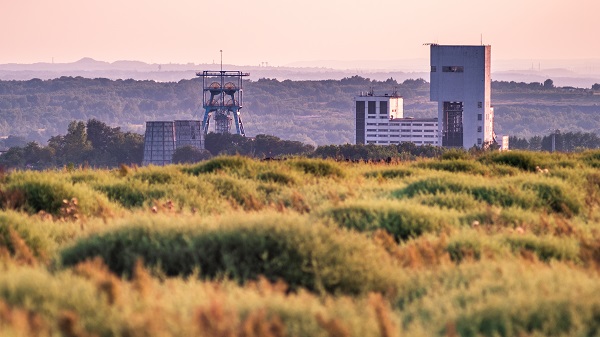 The main objective of the project, which is being implemented since 2018, is to develop technology for producing a coking feedstock mixture by densification of coal mixtures containing fine-grained coal fractions.
The main objective of the project, which is being implemented since 2018, is to develop technology for producing a coking feedstock mixture by densification of coal mixtures containing fine-grained coal fractions.
A cycle of industrial research and development work was required to achieve the project's objective. Work began on selecting and evaluating the properties of fine-grained fractions and adhesives for further research. Major research work will be carried out on a laboratory scale, large-laboratory scale, pilot scale and industrial scale.
Based on an evaluation of the impact of specific variables (such as composition and properties of the mixture being densified, techniques and parameters of densification, share of densified component in coking feedstock) on the quality of the densified product and the coke produced on its basis, assumptions for a pilot installation with capacity of 5 Mg/h using DensiCoal technology were developed.
Technology for acquiring fine-grained fractions with specified properties at mechanical coal processing facilities was also tested on an industrial scale. Optimised technology for preparing fine-grained fractions as raw material for the DensiCoal technology was developed, as was a programme and spatial concept for a fine-grained fraction preparation station at JSW S.A.
The final element of this research will include the verification of solutions used in testing to produce densified components in pilot-scale and industrial-scale testing for the coking of a coal mixture with the produced component.
The research will end with a technical and economic analysis for an industrial-scale deployment of this technology at Koksownia Przyjaźń.
Implementing the entire project should translate into greater efficiency of coking chambers, expansion of raw material base for producing metallurgical coke and enhanced effectiveness of using fine-grained fractions in coking, while reducing the volumes of fine-grained fractions stored in the environment.
ImproStamp
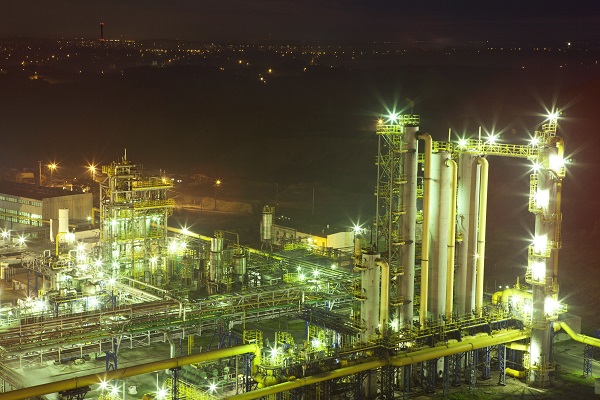 This project, prepared in 2019 and launched at the beginning of 2020, is intended to develop technology for producing stamped coal feedstock with greater mechanical resistance than those currently being produced, which will lead to a 60% reduction in the loss of coal feedstock during placement in chambers. Improving the resistance of feedstock will be achieved by introducing a chemical additive that has an impact on the strength of intermolecular interactions and thus on the process of grain re-organisation during the stamping operation and the mechanical resistance of stamped feedstock.
This project, prepared in 2019 and launched at the beginning of 2020, is intended to develop technology for producing stamped coal feedstock with greater mechanical resistance than those currently being produced, which will lead to a 60% reduction in the loss of coal feedstock during placement in chambers. Improving the resistance of feedstock will be achieved by introducing a chemical additive that has an impact on the strength of intermolecular interactions and thus on the process of grain re-organisation during the stamping operation and the mechanical resistance of stamped feedstock.
This project encompasses industrial research and development works. Industrial works will involve research on the impact of chemical additives on the density and mechanical resistance of stamped feedstock and the quality of coke produced using it. The outcome will lead to additives being selected for use in development works and the development of guidelines and a concept for the construction of a demonstrator installation for this technology. Development works will be performed at Koksownia Radlin, which has a battery with a stamping system. Development works will consist of conducting validation and optimisation tests for the production of stamped feedstock in accordance with the technology and for the production of coke on this basis. The feedstock destruction index and the quality of coke obtained will constitute the optimisation criteria.
The project is expected to improve the mechanical resistance of stamped feedstock for coking purposes by using an appropriate chemical additive, while reducing water content, which should bring a range of economic and environmental benefits and improve the conditions of work.
The project's outcome will be an ImproStamp technology that is adapted to specific conditions in the form of a technology sheet and matrix or nomogram for setting parameters depending on the grain size and moisture of the coal feedstock. The target group for the project's outcome will be coking facilities that have batteries with a stamping system, including one battery working at Koksownia Radlin and two batteries planned to be built at Koksownia Przyjaźń (JSW KOKS S.A.).
Carbon-based adsorbents
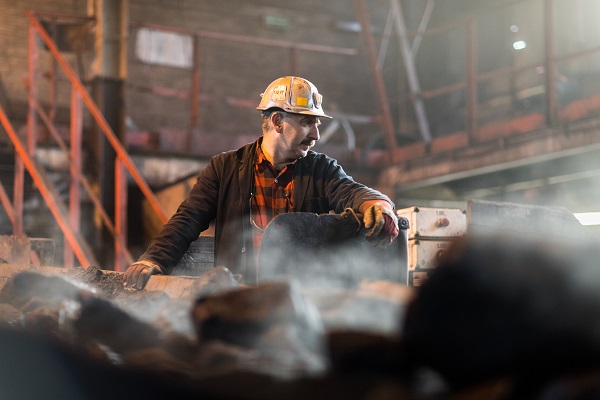 The aims of JSW Group's projects include the deployment of clean carbon technologies, implementation of the circular economy concept and the manufacture of carbon products that have a positive impact on the environment.
The aims of JSW Group's projects include the deployment of clean carbon technologies, implementation of the circular economy concept and the manufacture of carbon products that have a positive impact on the environment.
One of our ecological projects includes the construction of a facility for the production of carbon adsorbents made out of coal from JSW Group's mines and the production of coke-based powdery adsorbents made in coking plants. This project will make it possible to produce advanced carbon materials that are used for environmental protection. At the same time, the construction of this facility will help in developing industrial land where the former Koksownia Dębieńsko was located.
Formed carbon adsorbents are used for water and gas treatment in industrial processes, including for the treatment of drinking water or water for the production of beverages. Filters with a carbon insert are increasingly frequently used in households.
Coke-based powdery adsorbents will help in reducing the emission of mercury from flue gas, especially for coal-based power plants and cement manufacturing. As part of the project Coke-based powdery adsorbents and coal-based formed adsorbents, industrial tests were carried out to assess the effectiveness of coke-based powdery adsorbents on operational technological lines in conventional energy generation based on lignite. The results of research will make it possible to make a directional decision as to the future of this project.
Carbon nanostructures
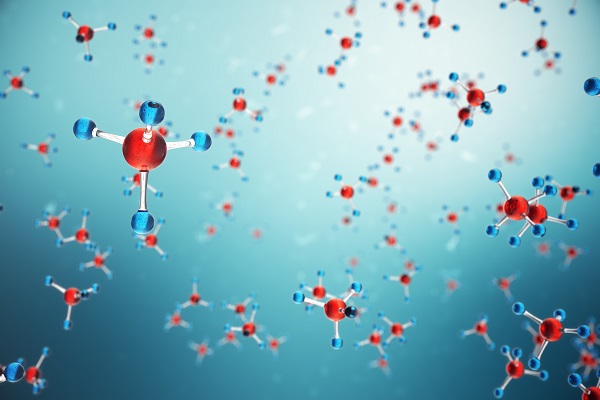 Methane is an inherent part of coal mining. Gas from mine methane drainage, with a methane content of approx. 45%, is a good raw material for further chemical synthesis. This gas may be used for example to produce carbon nanostructures. The use of methane through chemical processing is also tied to the concept of circular economy. The outcome of JSW Innowacje's project entitled "Carbon nanostructures - CNT nanotubes" will involve the most effective use of gas being a mining by-product and also the production of nanostructures that are a sophisticated material with a wide array of applications, including for the manufacture of composites used in the production of light and mechanically resistant engineering structures, additives to paints and protective coatings with specific properties, electronics and in the defence industry.
Methane is an inherent part of coal mining. Gas from mine methane drainage, with a methane content of approx. 45%, is a good raw material for further chemical synthesis. This gas may be used for example to produce carbon nanostructures. The use of methane through chemical processing is also tied to the concept of circular economy. The outcome of JSW Innowacje's project entitled "Carbon nanostructures - CNT nanotubes" will involve the most effective use of gas being a mining by-product and also the production of nanostructures that are a sophisticated material with a wide array of applications, including for the manufacture of composites used in the production of light and mechanically resistant engineering structures, additives to paints and protective coatings with specific properties, electronics and in the defence industry.
The use of carbon nanostructures increases the strength of materials and their resistance to wear, which results in less waste.
As part of the project "Carbon nanostructures - CNT nanotubes" a test installation on a large-lab scale for the production of nanostructures was created at one of the European universities. This industrially scalable research installation is used for process research on the production of CNT with various parameters and quality properties. The results of this research work will constitute the basis for further directional activities related to deploying CNT production at JSW Group.
.
